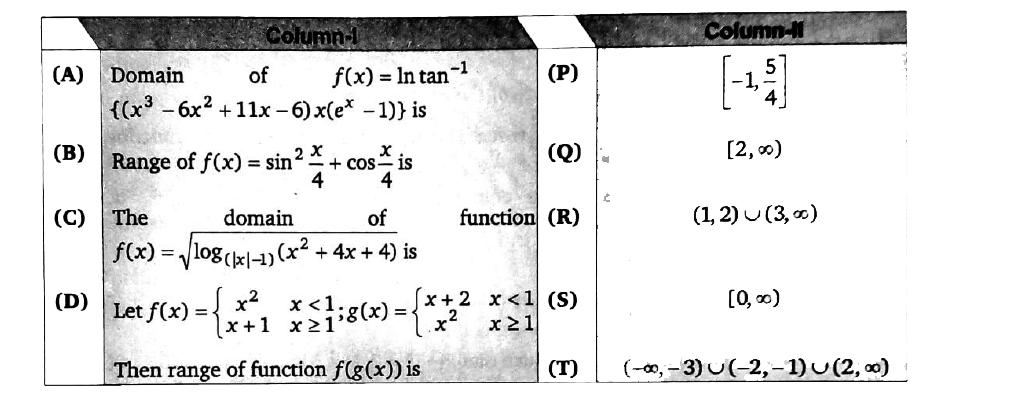The correct Answer is:A→R;B→P;C→T;D→S
Step by step video & image solution for by Maths experts to help you in doubts & scoring excellent marks in Class 12 exams.
Updated on:21/07/2023Topper's Solved these Questions
- FUNCTION BOOK - VIKAS GUPTA (BLACK BOOK) ENGLISHCHAPTER - FUNCTION EXERCISE - SUBJECTIVE TYPE PROBLEMS
33 Videos
- FUNCTION BOOK - VIKAS GUPTA (BLACK BOOK) ENGLISHCHAPTER - FUNCTION EXERCISE - COMPREHENSION TYPE PROBLEMS
13 Videos
- ELLIPSE BOOK - VIKAS GUPTA (BLACK BOOK) ENGLISHCHAPTER - ELLIPSE EXERCISE - Exercise-4 : Subjective Type Problems
2 Videos
- HYPERBOLABOOK - VIKAS GUPTA (BLACK BOOK) ENGLISHCHAPTER - HYPERBOLAEXERCISE - Exercise-4 : Subjective Type Problems
3 Videos
Similar Questions
Let f(x) be a polynomial of degree 6 with leading coefficient 2009, Suppose further, that f(1),=1,f(2)=3=5,f(4)=7,f(5)=9,f(2)=2, then the sum of all the digits of f(6) is
View SolutionLet f(x)=log{x}[x]
g(x)=log{x}−{x}
h(x)log{x}{x}
where [],{} denotes the greatest integer function and fractional part function respectively.
If A={x:x∈ domine of f(x)))andB{x:x domine of g(x)} then ∀x∈(1,5),A−B will be :
View SolutionFor the ellipse x29+y24=1. Let O be the centre and S and S' be the foci. For any point P on the ellipse the value of PS.PS'd29 (where d is the distance of O from the tangent at P) is equal to
View SolutionLet y=mx+c be a common tangent to x216−y29=1andx24+y23=1, then find the value of m2+c2.
View SolutionIdentify the cell organelle 'A' :-
ltimg src="https://d10lpgp6xz60nq.cloudfront.net/physics_images/ALN_BIO_C10_E08_018_Q01.png" width="80%"gt
View SolutionHow many lines of symmetry does the above figure have ?
View SolutionWhich of the following are correct chain isomers of butane ? (i)
View SolutionDetermine the point of symmetry of a regular hexagon.
View SolutionDtermine the images of the following figure about the given line :
View SolutionMatch the following Column A to Column B
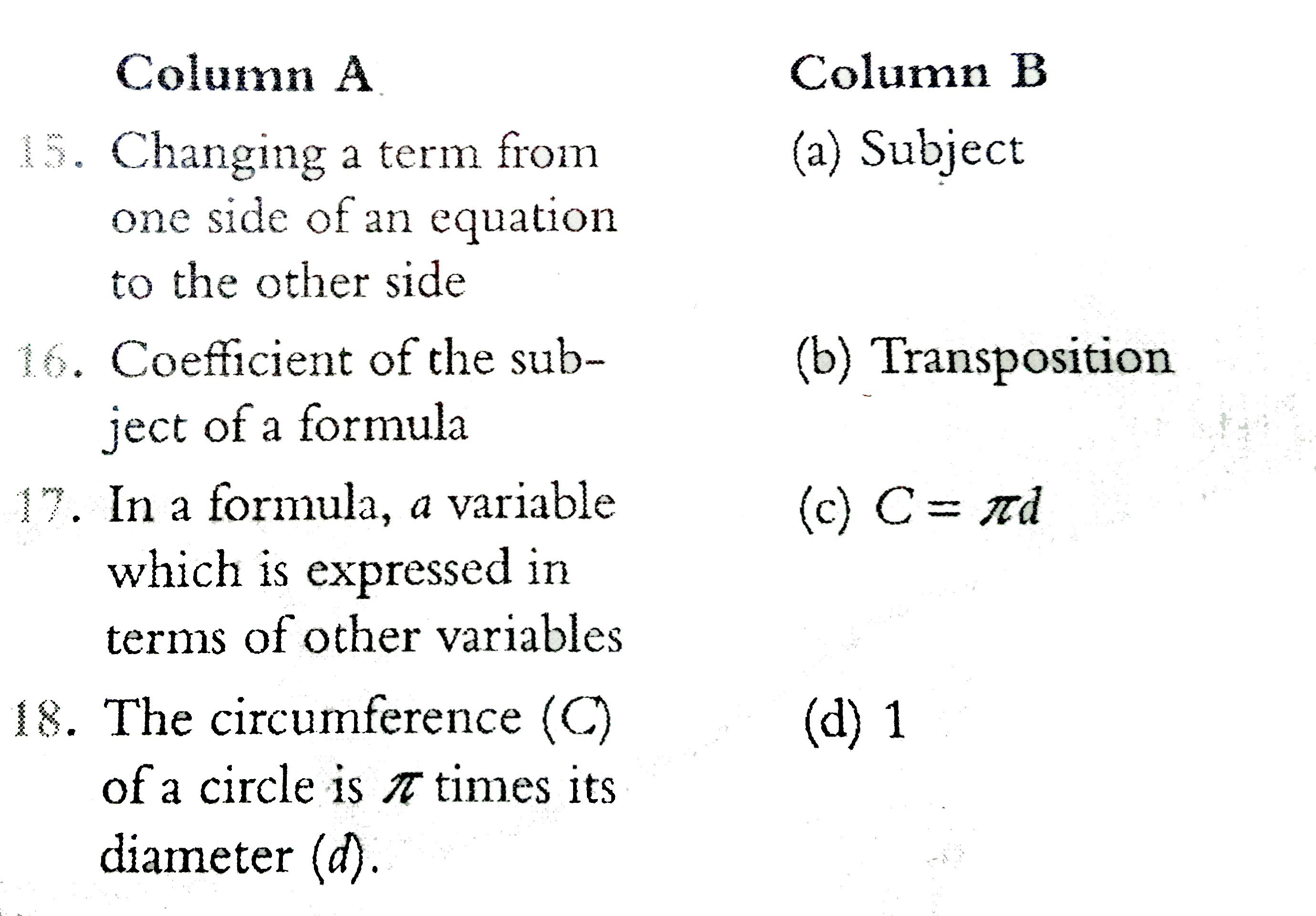
View SolutionMatch the following Column A to Column B
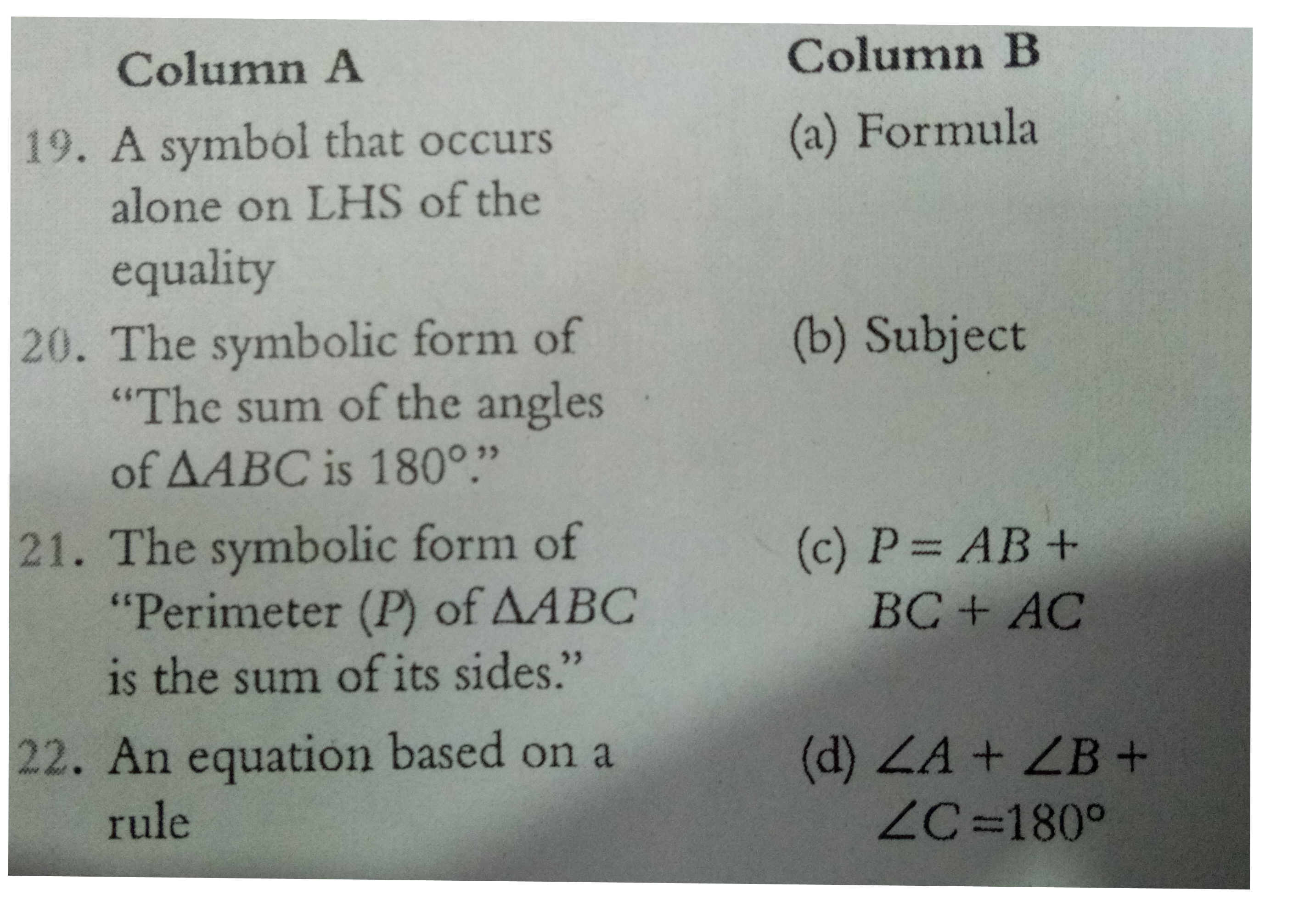
View SolutionMatch the following Column A to Column B
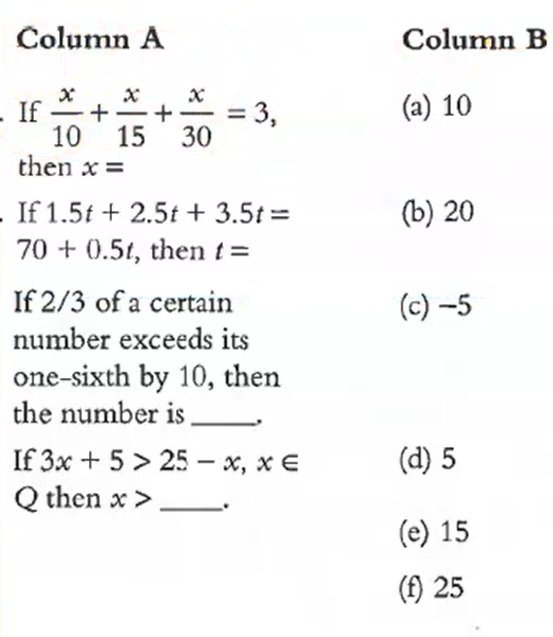
View SolutionFind the area of the figure given below.
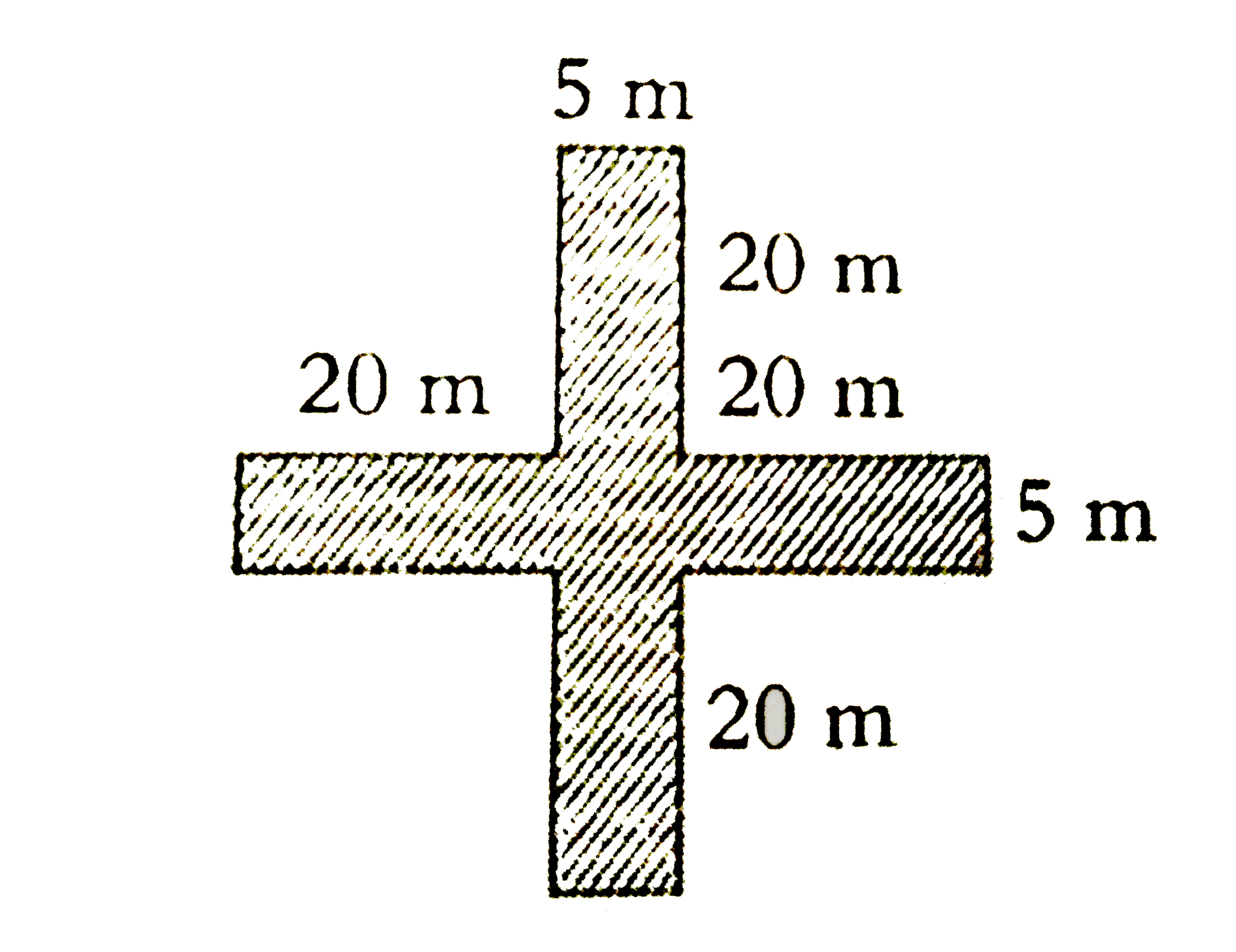
View SolutionThe area of the shaded part in the figure given below is ______.
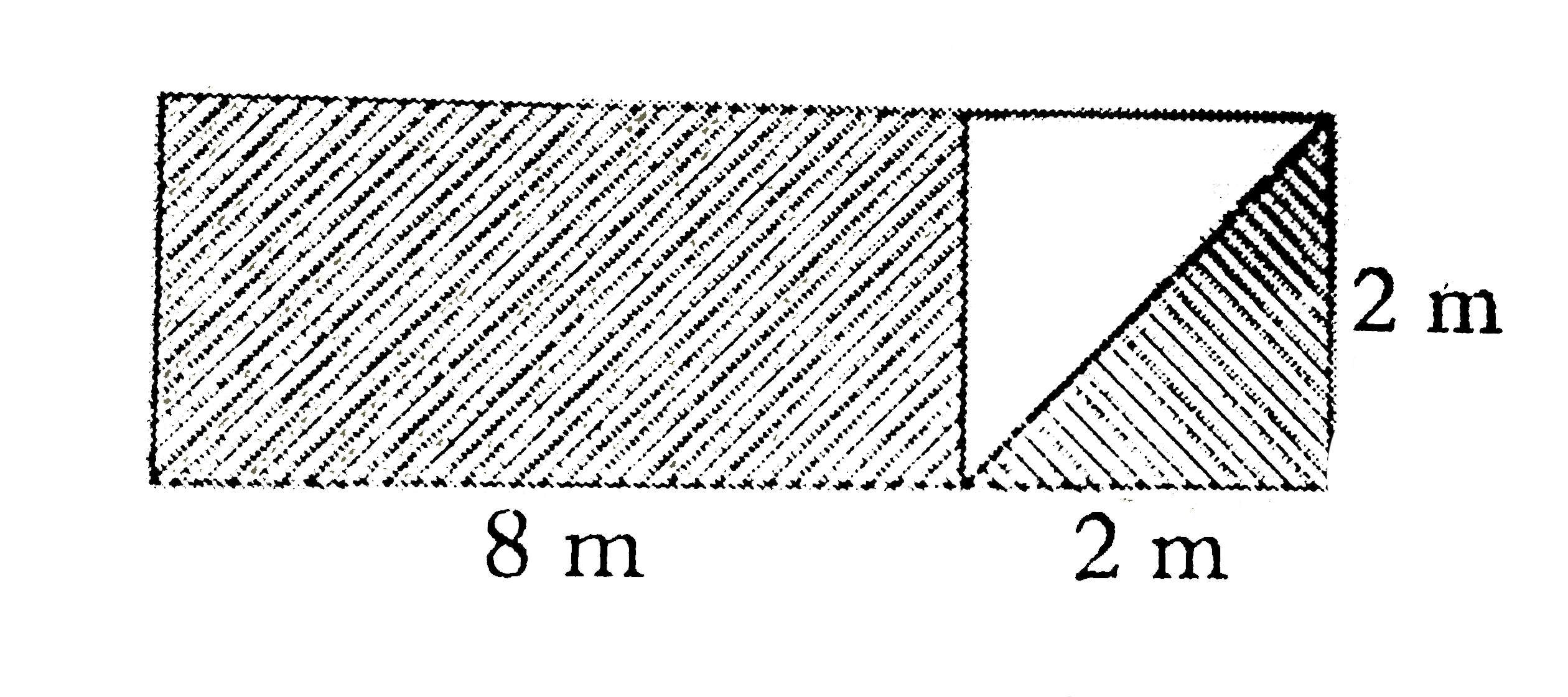
View SolutionThe inequation represented by the graph given below is :
View SolutionThe inequation that best describes the graph given below is _________
View Solution
